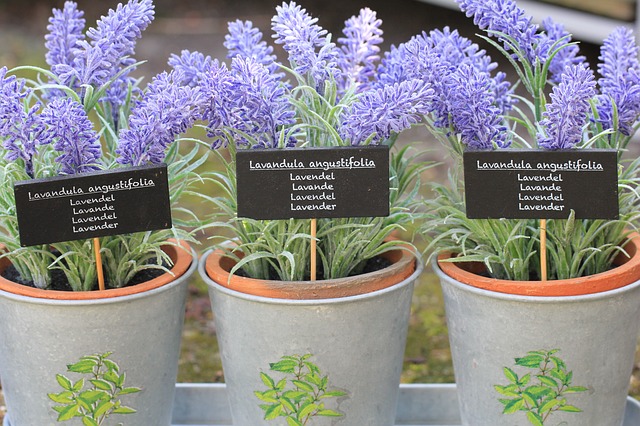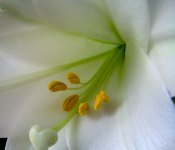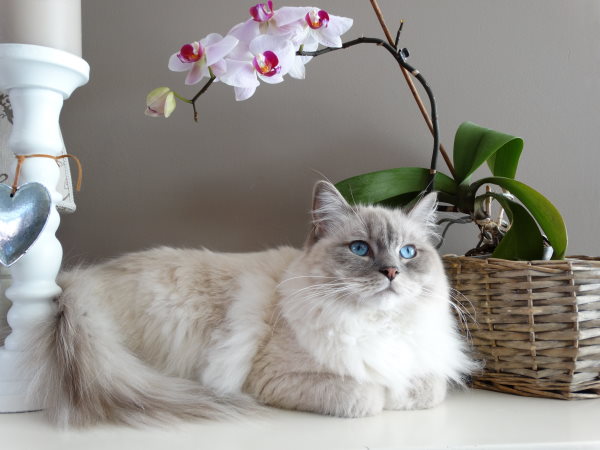Tangerine Tree
Botanical Name: Citrus reticulata spp.
Give your tangerine tree good care, and you can count on it to produce an abundance of sweet citrus fruits every year.
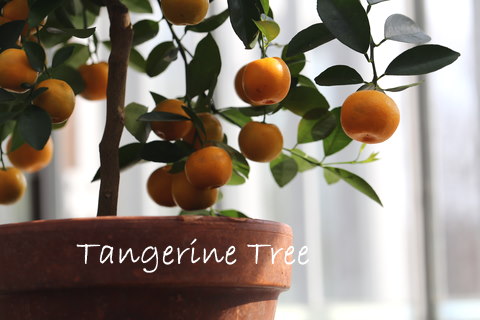
This perennial shrub is a mandarin orange hybrid. However, tangerine fruit is easier to peel and tastes sweeter.
Glossy green leaves cover the woody stems of this dwarf citrus tree year round. You can expect clusters of small, white flowers to appear in winter on tangerine trees that are 3-4 years old. Highly fragrant flowers are followed by fruit that turns from green to dark orange as it matures.
Year-Round Tangerine Care
Let the sun shine in. Indoor citrus trees need as much light as you can give them. Place your plant directly in front of a window where it will get several hours of direct sun each day. You can move it outdoors for the summer, if you want. Help the tree to get acclimated by exposing it to more sun gradually. Be sure to bring it back indoors before the first frost.
Green Thumb Tip
You'll get more flowers on your tangerine tree if you put it outside for the summer and fall. A few months of hot, sunny days followed by cool fall weather will promote flowering.
Pollinate your plant. A citrus tree that is grown indoors will need to be hand-pollinated to trigger fruit production. Use a small, dry paintbrush to dab each flower. Wiggle the brush around the center of each flower, moving from flower to flower. This carries the pollen from male to female flowers, just like bees do it.
Harvest tangerines any time they're ripe -- probably winter through spring. Taste is the best indication of ripeness. Cut off ripe fruit with sharp pruners to avoid tearing the branches.
Prune branches. Prune your plant back when new growth starts in spring. Pruning citrus trees' long branches will encourage new branches to emerge from just below the cut. Cut at an angle just above a leaf node (where a leaf stem attaches to a branch).
Tangerine Tree Buying Tips
Buying a new tree? Buy a grafted plant from a reputable grower to ensure the best quality and fruit production. Be sure to get a dwarf citrus tree for growing in a container. Tangerine trees are a close relative of the Mandarin orange tree. I've seen these labeled Citrus reticulata 'Tangerina' and C. reticulata 'Dancy', as well as Dancy Tangerine.
Tangerine Tree Care Tips
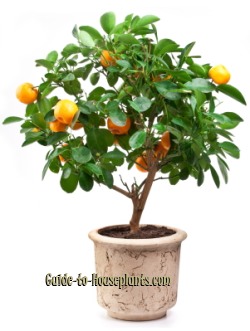
Origin: Hybrid of citrus from Southeast Asia
Height: Up to 6 ft (1.8 m)
Light: Full sun. Keep in a sunny window or move outdoors for the warm months. Give the plant a quarter turn every week to expose all sides to sunlight.
Water: Water thoroughly, allowing the surface of the soil to dry between waterings.
Humidity: Try to maintain 40-50% relative humidity near your plant. If air is dry, the most efficient way to raise the humidity is to use a cool-mist room humidifier.
Temperature: Average room temperatures 65-75°F/18-24°C.
Soil: Good-quality houseplant potting mix.
Fertilizer: Feed throughout the growing season with slow-release plant food. I recommend citrus tree fertilizer spikes
because it contains the micronutrients that fruit trees require for healthy growth.
Propagation: Take stem cuttings in early summer. With a sharp knife or razor blade, take 4 in (10 cm) stem tip cuttings with at least 2-3 leaf nodes without flowers or fruit. Dip cut end in hormone rooting powder before inserting in moist potting mix, then enclose in a plastic bag to maintain humidity. Stem cuttings will root in about 6-8 weeks.
